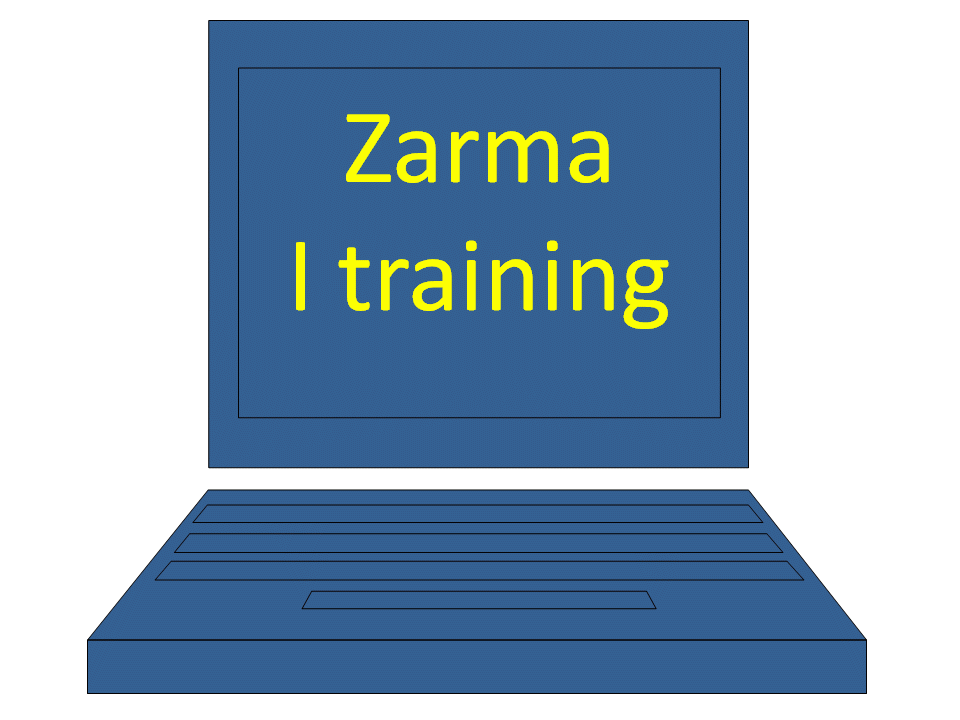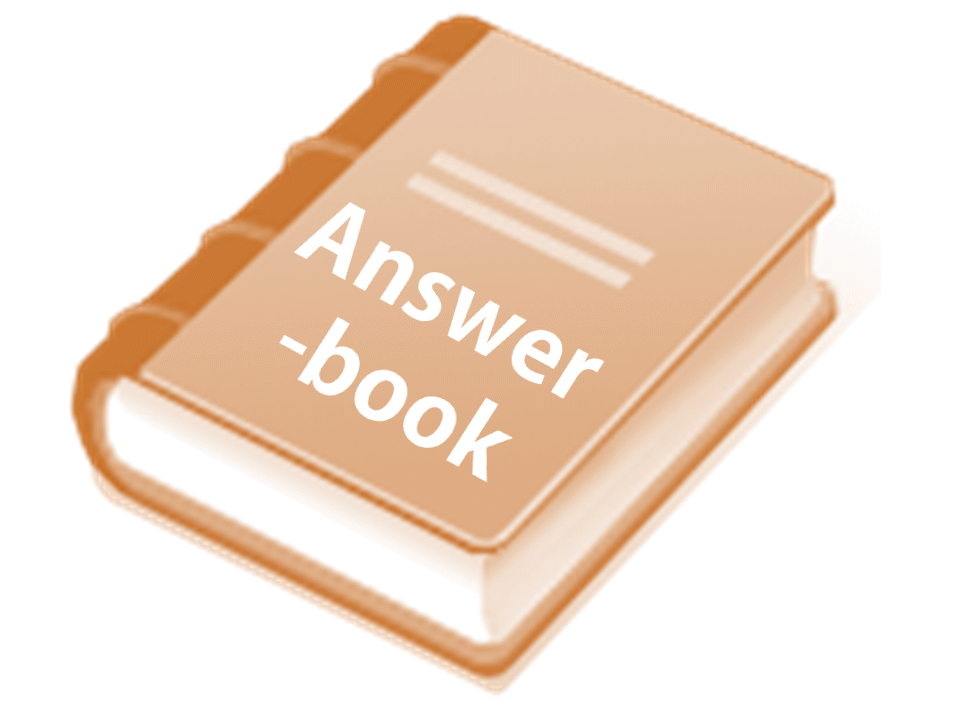
Grammar help
Cardinal numbers |
||||||||||||||||||||||||||||||||||||||||||||||
All the numbers in Zarma are based on these first ten, except for the specific words of the tens (20, 30, ...), 'hundred' (zangu) and 'thousand' (zambar). All of the cardinal numbers, except 6, 7, and 8, drop the prefix vowel ('i' or 'a') when they are qualifying adjectives Money in Zarma is based on the 5-Franc unit. To a Zarma this is not five of everything: it is one, 1 dala.
|
|
|||||||||||||||||||||||||||||||||||||||||||||
Counting |
||||||||||||||||||||||||||||||||||||||||||||||
Counting from 0 to 10All the numbers in Zarma are based on these first ten, except for the specific words of the tens, 'hundred' and 'thousand'. |
||||||||||||||||||||||||||||||||||||||||||||||
|
||||||||||||||||||||||||||||||||||||||||||||||
A half in Zarma is expressed with 'jare'. Jare literally means a part. |
||||||||||||||||||||||||||||||||||||||||||||||
Counting from 11 to 20 |
||||||||||||||||||||||||||||||||||||||||||||||
The cardinal numbers above 10 are formed by adding to the word for the tens (10, 20, 30, etc.) the word 'cindi' (remains, left over) andthen add the unit. For example, 14 is 'iway cindi taci', literally ten and four left over. The numbers just below the tens ending on a '8' or '9' can be expressed in two ways. In addition to the regular way using 'cindi' one can use 'si' (without, missing). For example 'waranka ihinka si' and 'waranka afo si"' represent 'twenty less two' and 'twenty less one', respectively, and are alternate way of saying "18" and "19". |
||||||||||||||||||||||||||||||||||||||||||||||
|
||||||||||||||||||||||||||||||||||||||||||||||
|
||||||||||||||||||||||||||||||||||||||||||||||
The tens, hundreds and thousands |
||||||||||||||||||||||||||||||||||||||||||||||
| The tens (iway-wayey) are more or less based on a junction of 'ten' (iway) and the numbers one to nine. Hundred and thousand have their own name, but the hundreds (zangu-zangey) and the thousands (zambar-zambarey) are formed similar to English. As you may notice in the tens is the only instance where 'iddu' and 'iyye' are shortened. | ||||||||||||||||||||||||||||||||||||||||||||||
|
||||||||||||||||||||||||||||||||||||||||||||||
Counting from 20 onwards |
||||||||||||||||||||||||||||||||||||||||||||||
The cardinal numbers above 20 are formed by adding to the word for the tens (20, 30, 40, etc.) the word 'cindi' (remains, left over) and then the unit (1, 2, ect.). In counting over 100 'nda' or 'da' unites the tens to the hundreds, and the hundreds to the thousands. In counting under two thousand, one may count by hundreds all the way. As we have seen for 11-20, when the unit lack one or two 'subunits' an idiom can be formed, not only for the number below hundred as we have discussed. |
||||||||||||||||||||||||||||||||||||||||||||||
|
||||||||||||||||||||||||||||||||||||||||||||||
Numerical adjective |
||||||||||||||||||||||||||||||||||||||||||||||
| All of the cardinal numbers, except 6, 7, and 8, drop the prefix vowel ('i' or 'a') when they are qualifying adjectives, directly following a noun or a noun with an adjective modifier. The noun does not take either a definite (see 1.D.2) or a plural ending (see 1.D.3), these being carried by the number if needed. | ||||||||||||||||||||||||||||||||||||||||||||||
|
||||||||||||||||||||||||||||||||||||||||||||||
| Numerical adjective in combination with qualifying adjective (5.D.2) If there is also a numeral adjective (one, five), this is placed after the qualifying adjective in Zarma. | ||||||||||||||||||||||||||||||||||||||||||||||
|
||||||||||||||||||||||||||||||||||||||||||||||
| When the noun has a qualifying adjective, the definite article ending (if needed), either singular or plural, is placed on the adjective but not on the noun, which retains the indefinite form. When there is a numerical adjective, then neither the noun nor the qualifying adjective change from their indefinite form. | ||||||||||||||||||||||||||||||||||||||||||||||
|
||||||||||||||||||||||||||||||||||||||||||||||
Counting money |
||||||||||||||||||||||||||||||||||||||||||||||
Money in Zarma is based on the 5-Franc unit. To a Zarma this is not five of everything: it is one, 1 dala. Instead of dala you may also hear dela. Some of them may have heard of the Franc, but it is no more a money unit to them than a farthing is to you. They look at a 25-Franc piece and they think "five". They see a 100-Franc bill and they think "twenty". There used to be 5-Franc bills, so few people will see "billet" for this unit, and may use "katibi" for it, but this is still the smallest money unit now in use. Smaller units were formerly common, but only older people remember them; even they were not called Francs, but other names. |
||||||||||||||||||||||||||||||||||||||||||||||
|
||||||||||||||||||||||||||||||||||||||||||||||
| When counting money in the hundreds and thousands, one often does not specify if it is 'dala' when the context is clear. On the other hand, in the higher numbers, if it is people or other things, this must be specified, as the hearer may think you mean so much money's worth. In areas with Hausa influence, you will hear 'zika fo' for a thousand franc bill. | ||||||||||||||||||||||||||||||||||||||||||||||
| disclaimer | contact | ||||||||
| Dico Fraters, the Netherlands © 2004-2016 | |||||||||
|
|
|||||||||








